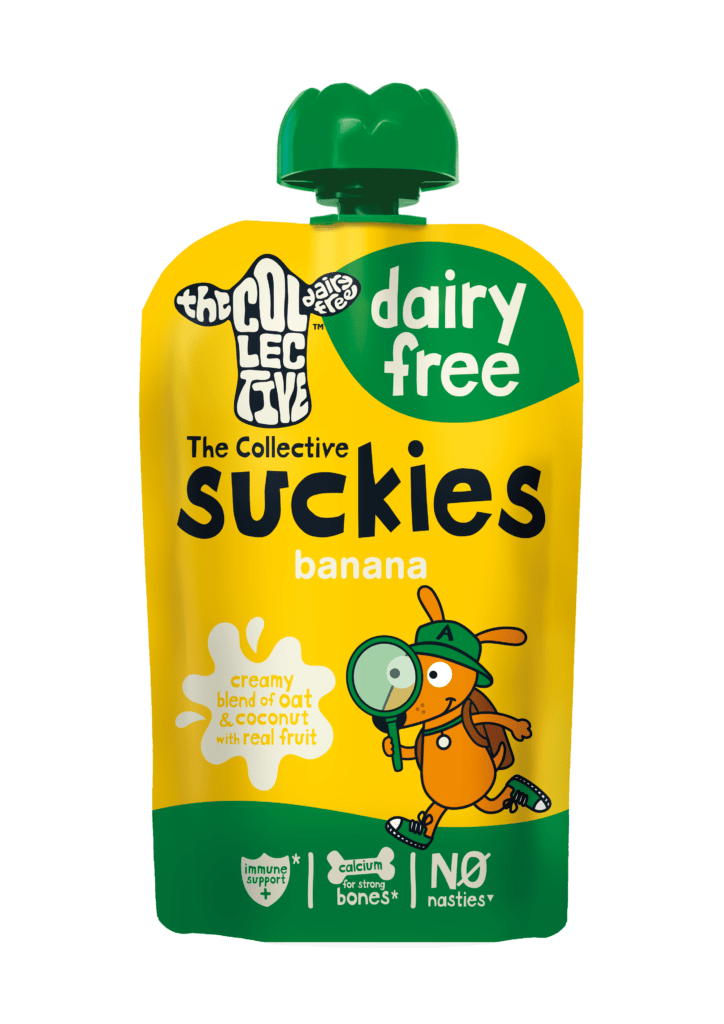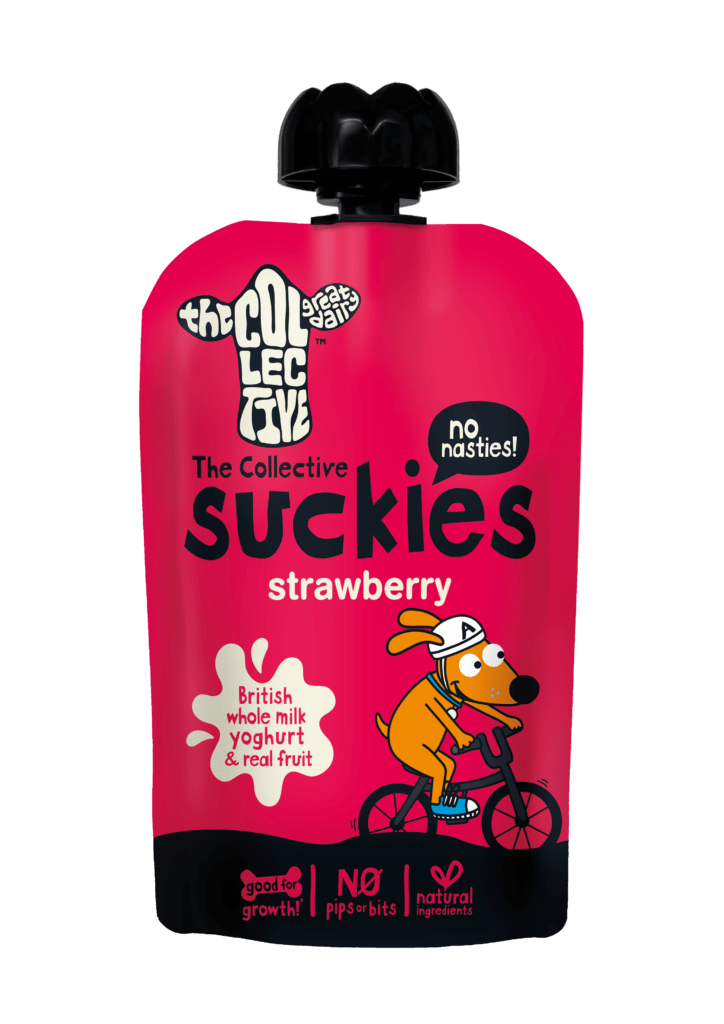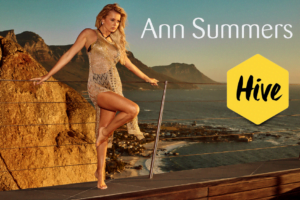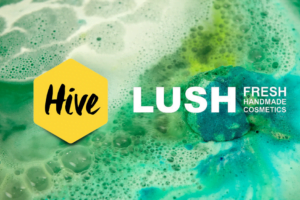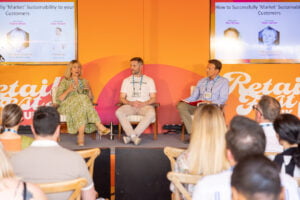Hive Heroes:
In recent years, The Collective’s main focus has been carbon as they see this as the biggest hindrance to sustainability. However, carbon is just one element of their ESG scorecard, and they have 10 key metrics that they’ve been making progress towards.
Upon recertifying last year, their B Corp score increased +30% to 104.5.
Gary Lake
Supply Chain and Procurement Director
Gary recently met with Frances at The Retail Hive to talk through The Collective’s sustainability roadmap. Explore the insights below…
While animal welfare is important, our focus has been on carbon because we believe global warming is the biggest issue in the world.”
Could you explain where you think The Collective is at the moment regarding sustainability? How do you feel you’re getting on?
I think we’ve made great progress. We started on this journey around 2018, and like everybody else, we’re learning as we go. Our number one priority is to take responsibility for our impact on the world. It’s not a simple question to answer, “what is our impact?”.
We’ve done several things to understand this better: we’ve gone through B Corp certification and recertification, completed a materiality assessment to understand what’s important for our business from an environmental and sustainability point of view, and completed carbon assessments (Scope 1, 2, and 3) with the Carbon Trust. This gave us a benchmark back in 2019-2020. Carbon is just one thing on our ESG scorecard. We have 10 key metrics and have been making progress against each one. For example, on our packaging, we consider how recyclable it is, how much is actually recycled, and if it’s part of a circular economy or being downcycled. We’re constantly looking to raise the bar on these metrics and may redo some of the work from 4-5 years ago to refresh it and bring it up to date.
With so many priorities, like carbon reduction and animal welfare, is it difficult to decide on a hierarchy and prioritise within that?
Yes, it is difficult. We set the mandate in our business a few years ago, and now is the right time to refresh that mandate because we’ve worked on the plan and focused on it for a number of years. The materiality assessment we did was the most helpful tool for prioritising. It gave us objective insights by considering what’s important to our consumers, customers, investors, owners and team.
Four years ago, carbon was number one, plastic was number two, and animal welfare was number four. We’ve been working through that prioritisation list and now want to test if that’s still the right priority. While animal welfare is important, our focus has been on carbon because we believe global warming is the biggest issue in the world. We’re learning more and exploring exciting opportunities, like regenerative farming, which could potentially make farms carbon negative by sequestering more carbon into the soil than the cows and other activities emit.
What’s your attitude towards working with different partners? How are you approaching this at the moment?
We are always open to learning from everyone and don’t assume we know best. We talk to various stakeholders, from the largest dairy in the country to massive businesses like Fonterra from New Zealand. Even the largest players in the industry are concerned about the state of organic dairy and are considering shifting their investment to regenerative farming due to its benefits.
We’ve been working with fellow B Corp, First Milk, who are already more than 96% regenerative farming based and are big enough to have an impact on the UK dairy industry. The great thing about the B Corp community and our relationship with First Milk is that we can pick up the phone to their CEO to understand more about what’s going on and how we can collaborate. We’re working with our contract manufacturers to purchase more of our milk from First Milk, which will hopefully improve impact and outcomes for all of us. As a small business, it’s a way to help move the whole project forward.
We engage with B Corp-certified companies like First Milk and take our leadership team to visit their farms. We also work with contract manufacturers to purchase more milk from First Milk and by doing so, we’re aiming to positively influence their business growth and improve outcomes and impact.
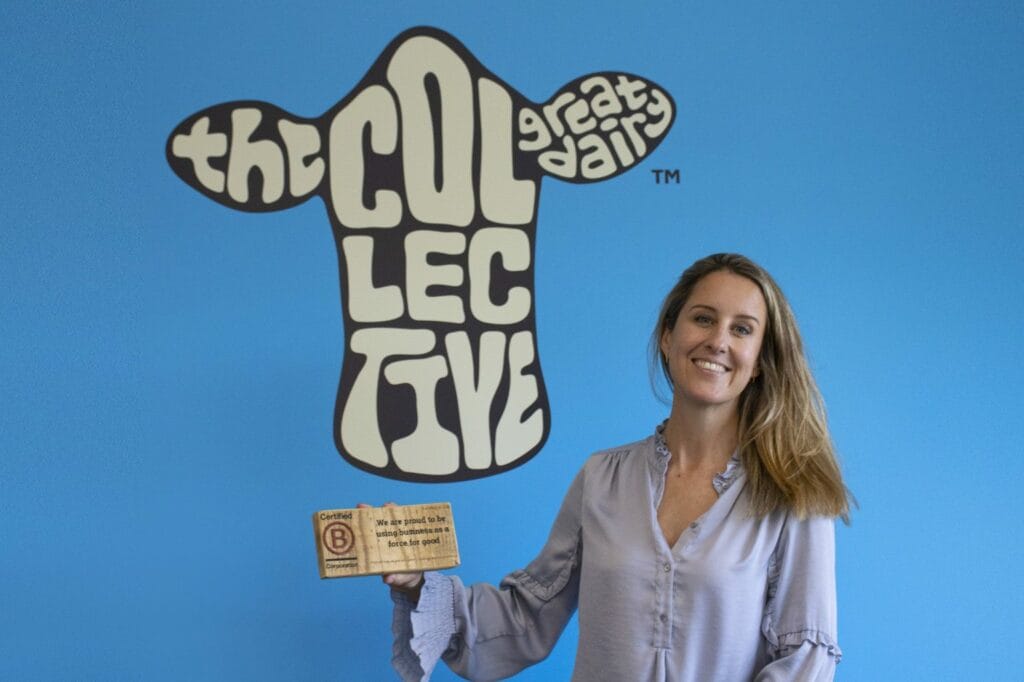
If I could wave a magic wand, I would love the general public to understand sustainability more deeply than just the headlines. People are not being well-educated by industry or government, which leaves them with sound bites that are not the full story or are actively misleading.”
Would you say that the bulk of your carbon footprint comes from the product itself, or are you also looking at reducing carbon in your supply chain, processes, and packaging?
We’ve done a lot already on packaging and supply chain. Everything we sell is made in the UK, sold in the UK, and uses UK milk. About 70% of our carbon footprint comes from the milk, and 30% from everything else. It’s not just the milk, but also the ingredients in the milk. For example, using milk and cream is more carbon-efficient than using milk powder and water when making yoghurt, so we’ve been moving away from products that use powder. On the packaging side, as of next month, all our packaging will be post-consumer recycled PET clear. Our trays are 100% recycled and part of a circular arrangement with the manufacturer. The one area we still face challenges in is the pouches made of laminate materials, but we’ve managed to reduce their carbon footprint by 32% by switching from an aluminium layer to a metallised plastic layer.
If you could wave a magic wand, what one thing would you change to make your sustainability journey easier?
If I could wave a magic wand, I would love the general public to understand sustainability more deeply than just the headlines. People are not being well-educated by industry or government, which leaves them with sound bites that are not the full story or are actively misleading. If more perspectives were shared and open conversations about sustainability were initiated, the nation’s understanding and knowledge would grow. People would buy different products, expect different things, and the government would act differently, leading to a better alignment in sustainability efforts.
